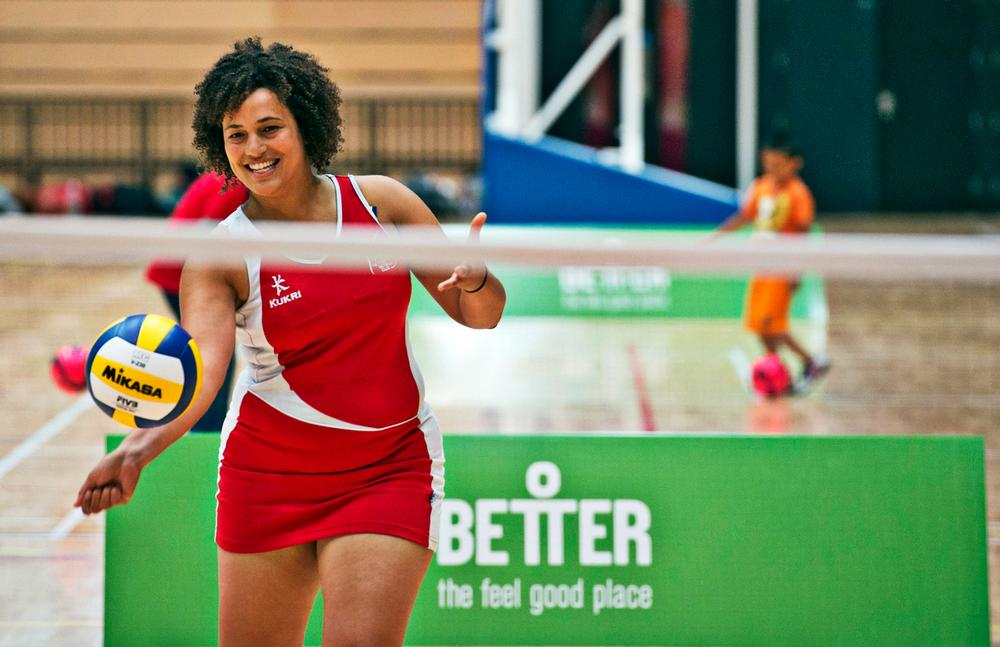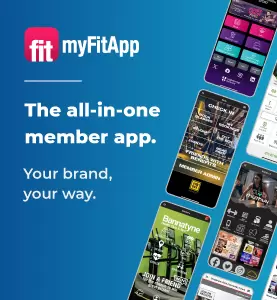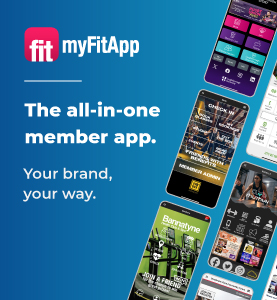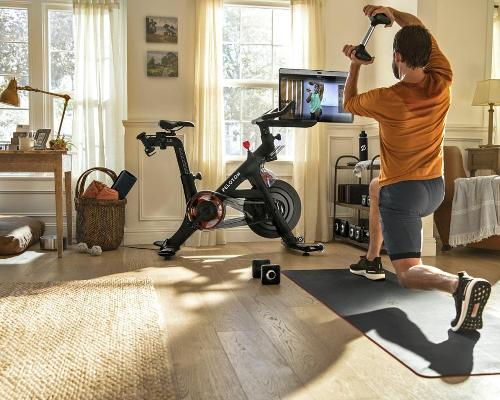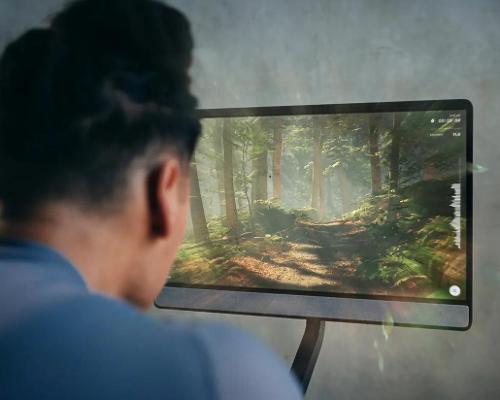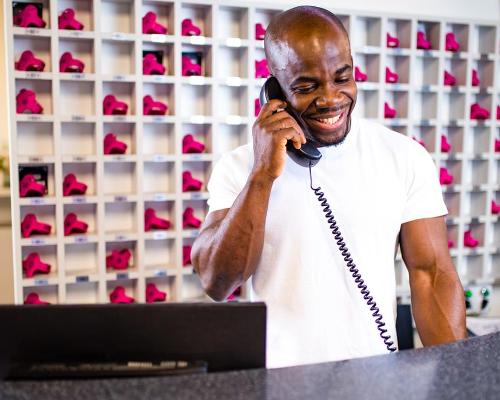What is Spice?
Social enterprise Spice, and its website Just Add Spice, grew out of a University of Wales think-tank eight years ago, aimed at developing new social currencies for communities in former mining areas in south Wales. These community-led, person-to-person exchanges were based on the concept of ‘time banking’, whereby people swapped the skills they had to offer using Time Credits.
When the original programme came to an end in 2009, the university considered how it could be scaled up on an organisation-to-organisation basis, engaging more of the community in the process, including the business sector and statutory services. The aim was to bring back a sense of community, to get people thinking about the needs of the people within their community, and to start to service those needs.
The founders of Spice were members of that initial project. We knew it worked in Wales, so the challenge was to scale it up and spread the word!
How do Time Credits work?
Time Credits are a social currency: in the same way you earn and spend money, you can earn and spend Time Credits. They’re issued on an hour-for-an-hour basis, so every one of the notes is attributable to an hour, however you’ve earned it.
Spice developed Time Credits as a tool for bringing communities together, boosting volunteering and building co-produced services where people are active and equal participants. No matter what you do, who you are or where you are in the country, if you’re giving an hour of your time, you earn an hour. It’s a completely level playing field.
So how do you earn and
spend these credits?
People can earn Time Credits by giving time to their community through organisations and groups that are part of the Spice network. This could be through running community events like fêtes and coffee mornings, supporting others in learning, or taking part in litter picks.
People can then spend Time Credits to access services and activities offered by the organisations where they earned their credits in the first place, as well as with other Time Credit network organisations and community groups. They can be used to pay for physical activities like swimming or visits to the gym, for example, as well as learning new skills or doing cultural activities such as trips to museums, the theatre or the cinema. Time Credits give people the opportunity to do something they might not normally consider.
Early on in the project it was thought that the spending side of Time Credits was almost an added bonus, and it was in the volunteering where all the social impact was to be found. However, as the project developed, it started to become really clear that the spending of Time Credits had a massive social impact as well. They empower people to challenge perceived barriers.
Where is Spice operating?
We’re running programmes with local councils, community development organisations, housing associations, health and social care providers and schools. That translates into 27 time-based currencies in six UK regions: the east of England, London and the south-east, the north-west, south-east Wales, south-west England, and south-west Wales.
What sorts of organisations do you work with?
There are hundreds of Time Credit Spend Partners, from Premiership football clubs to theatres, boiler service providers to educational institutions, skate parks to tourist attractions, together with delivery partners like local authorities, housing providers, schools, social care providers and many community organisations.
We also work with UK-wide leisure chains. For example, GLL – which runs five Better Leisure centres in Cambridgeshire in partnership with Cambridge City Council – has been a real eye-opener for us, because it was the first leisure company we engaged with at a very high level. As a social enterprise organisation itself, with strong community commitments, GLL was a natural fit for us.
Working with GLL’s partnership manager Daryl Emes, we looked at GLL’s corporate social responsibility agenda and joined forces so volunteers can spend their Time Credits to access a range of Better Leisure activities including swimming, fitness classes and gym sessions. Having GLL on board means volunteers have the chance to get fitter as a secondary benefit to their efforts to improve their community.
So what’s in it for your many partner organisations?
Being a Spend Partner can help an organisation achieve its own vision and objectives, helping it meet its corporate responsibility policy. It also helps an organisation to increase engagement and footfall, reaching a wider audience – especially from non-traditional customers supported through Time Credits.
We can also support a Spend Partner by helping them fill their spare capacity. We’ll ask when they’re quiet and could do with a few more people coming through the doors, or which of their services people might know less about, and we’ll help them market that. Organisations might also offer us new services that weren’t previously available and that they want to increase participation in.
From a corporate point of view, there are also some fantastic marketing opportunities for partner organisations, both in terms of the glossy brochures that go out to our volunteers and the goodwill within the community; the perception of your brand being associated with community development is a strong one.
How can other leisure companies get involved?
We have a team of partnership managers working across the United Kingdom looking for businesses to come on board, actively approaching them where we think it suits both our agendas. Leisure operators in particular tend to suit pretty much every agenda, both in terms of their corporate responsibility remit and our community engagement aims.
We do currently have priority focus areas. We’ve realised that it’s beneficial to build geographically close to where we have an existing project – where we already have something working successfully. One day, however, we will be everywhere!
Anyone who would like to know more about the work of Spice can email me directly: [email protected]









